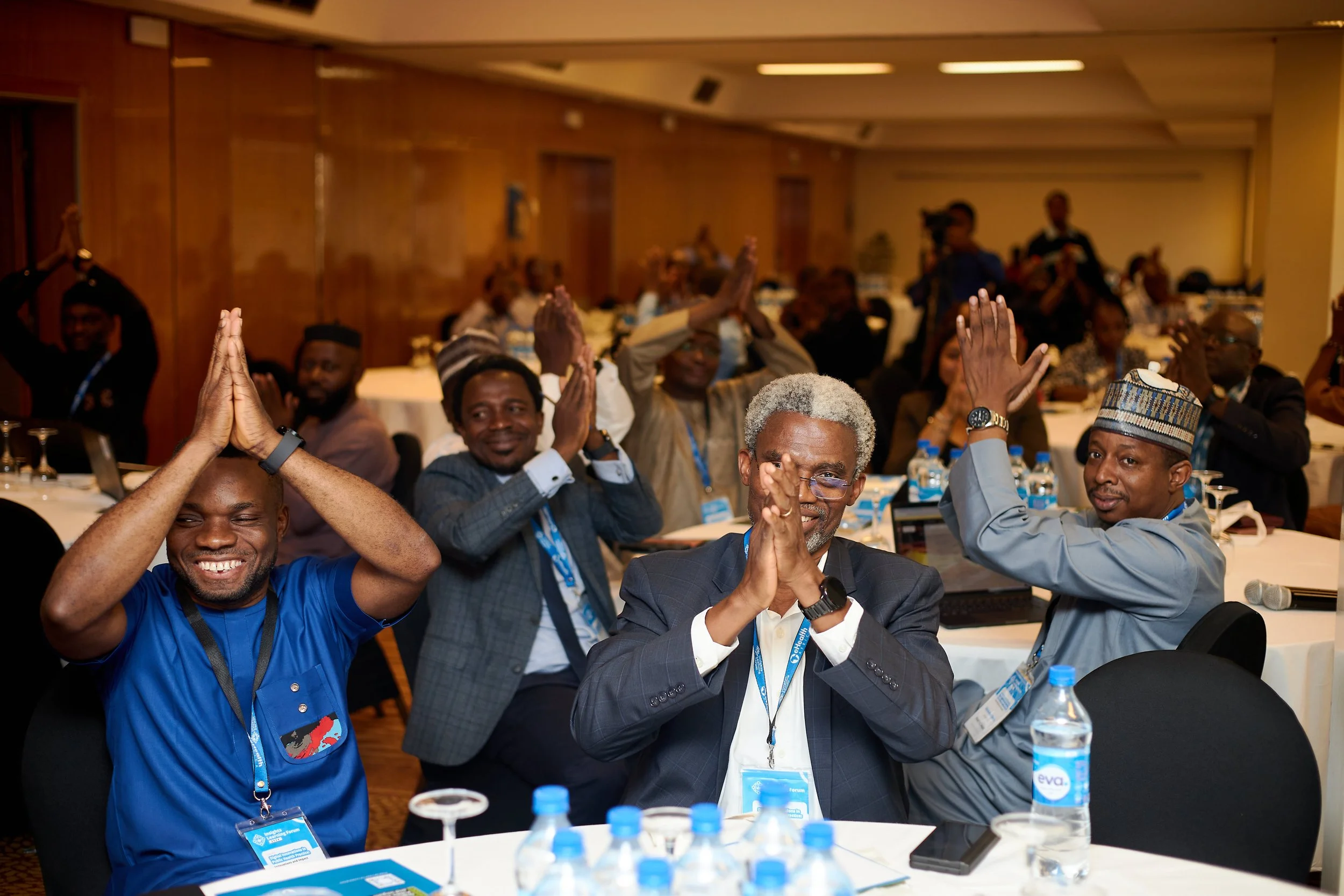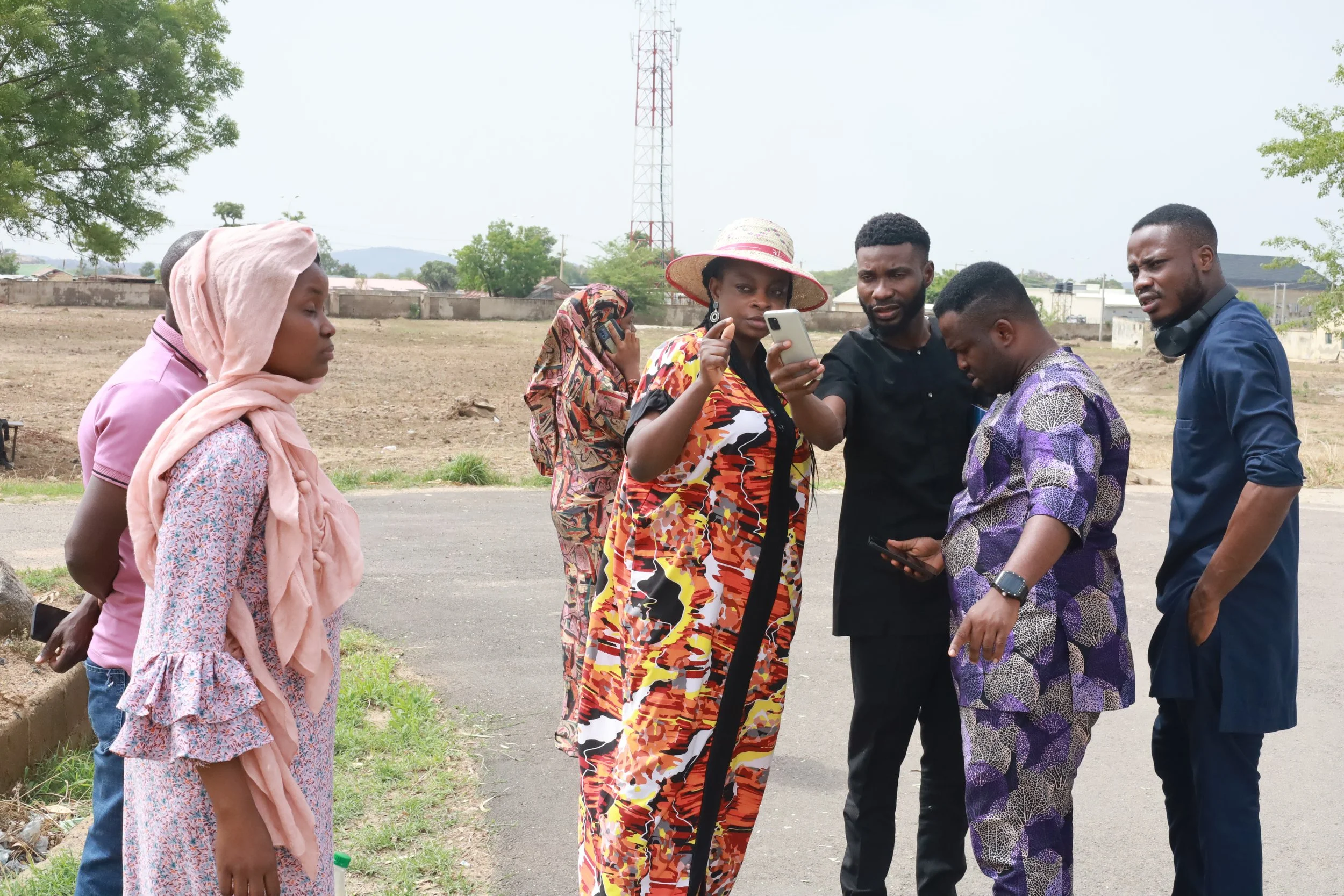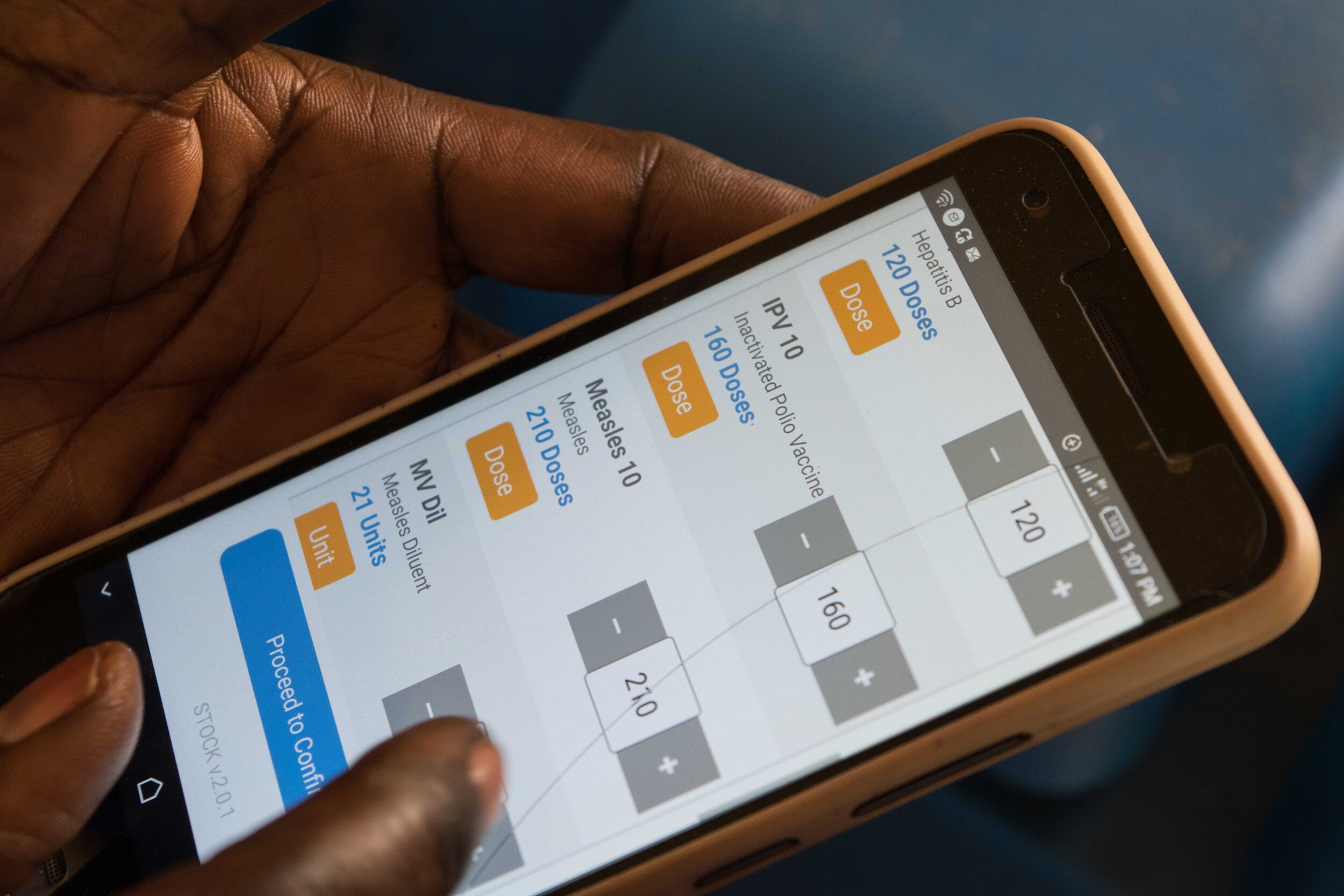With over a decade of experience developing and deploying digital solutions across Africa and some of the most experienced tech professionals in our team, eHealth Africa is committed to sharing knowledge and empowering the next generation to solve local problems using technology and data. We are announcing the launch of eHealth Africa Academy in Nigeria. The first cohort of the Academy, which will run from February 29, 2020, to April 25, 2020, and will focus on teaching participants basic web development skills in HTML, JavaScript, and CSS, and how to apply these skills to start a career in web design. '
The academy will use a combination of in-person workshops and online courses to cover the curriculum within the two-month period. eHealth Africa invites participants with basic computer knowledge to apply to join the Academy. The costs of the program are being covered by the organization and will be free for the participants, however, interested participants must have access to a laptop and internet, and must be able to attend the in-person workshops in Kano during the course of the program.











